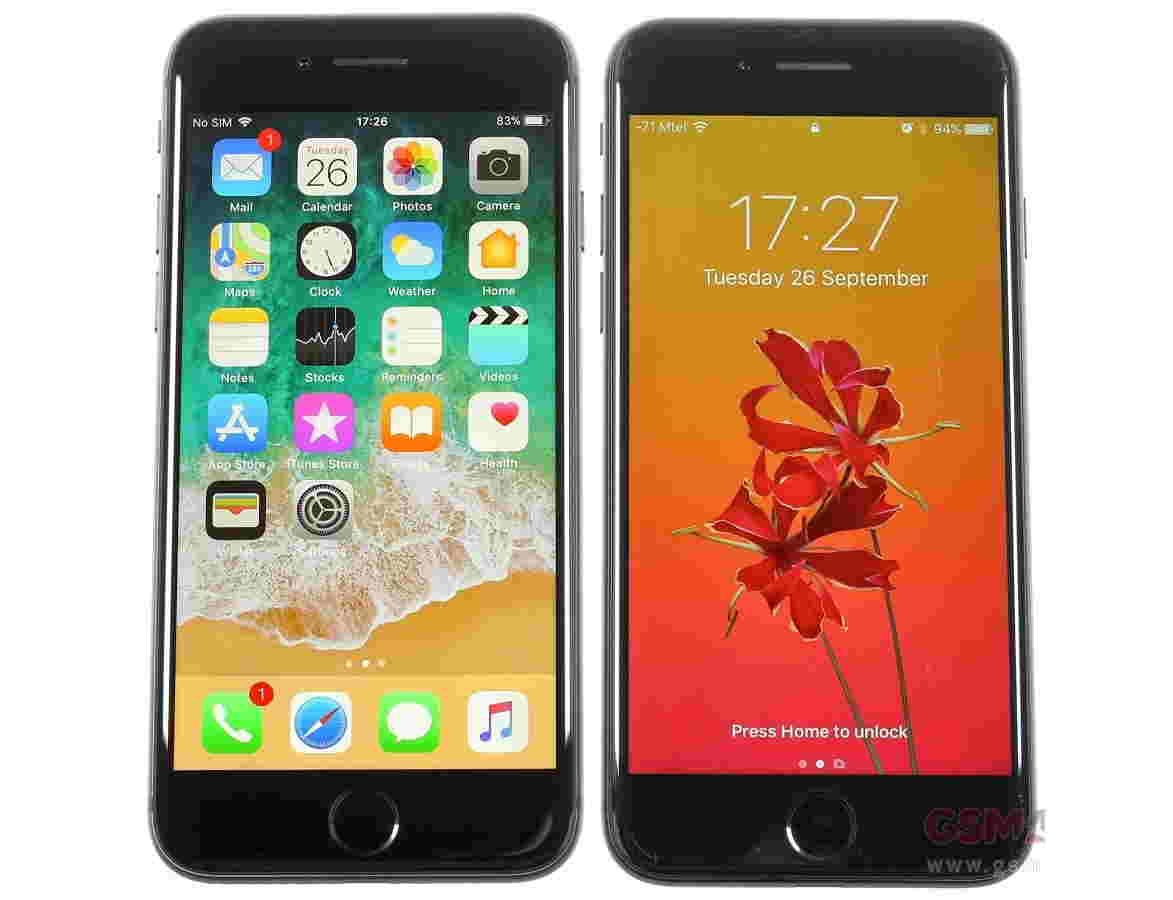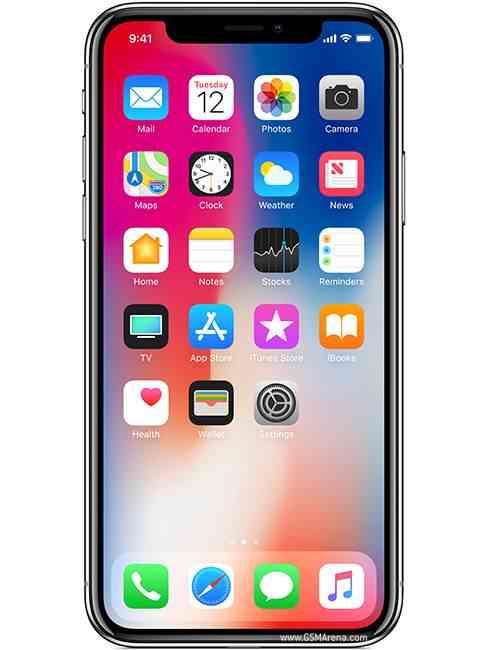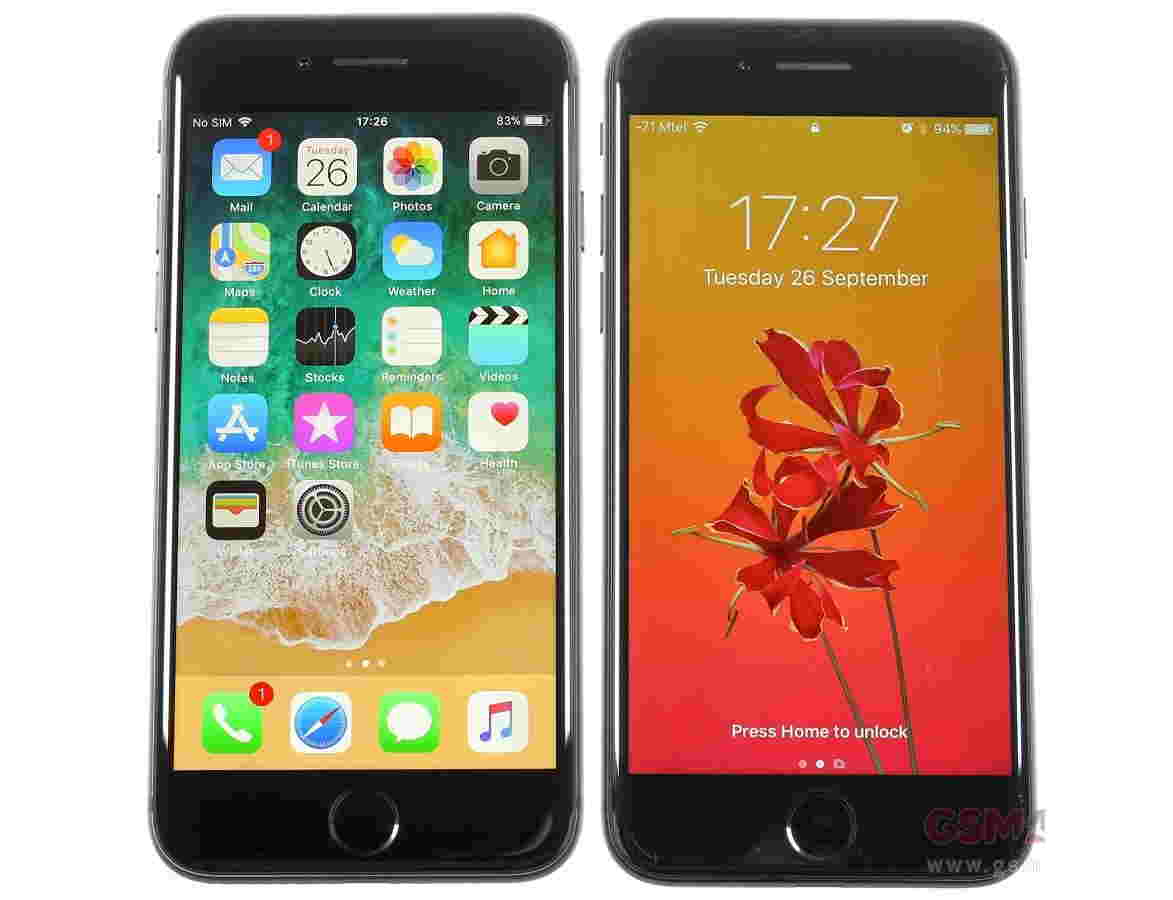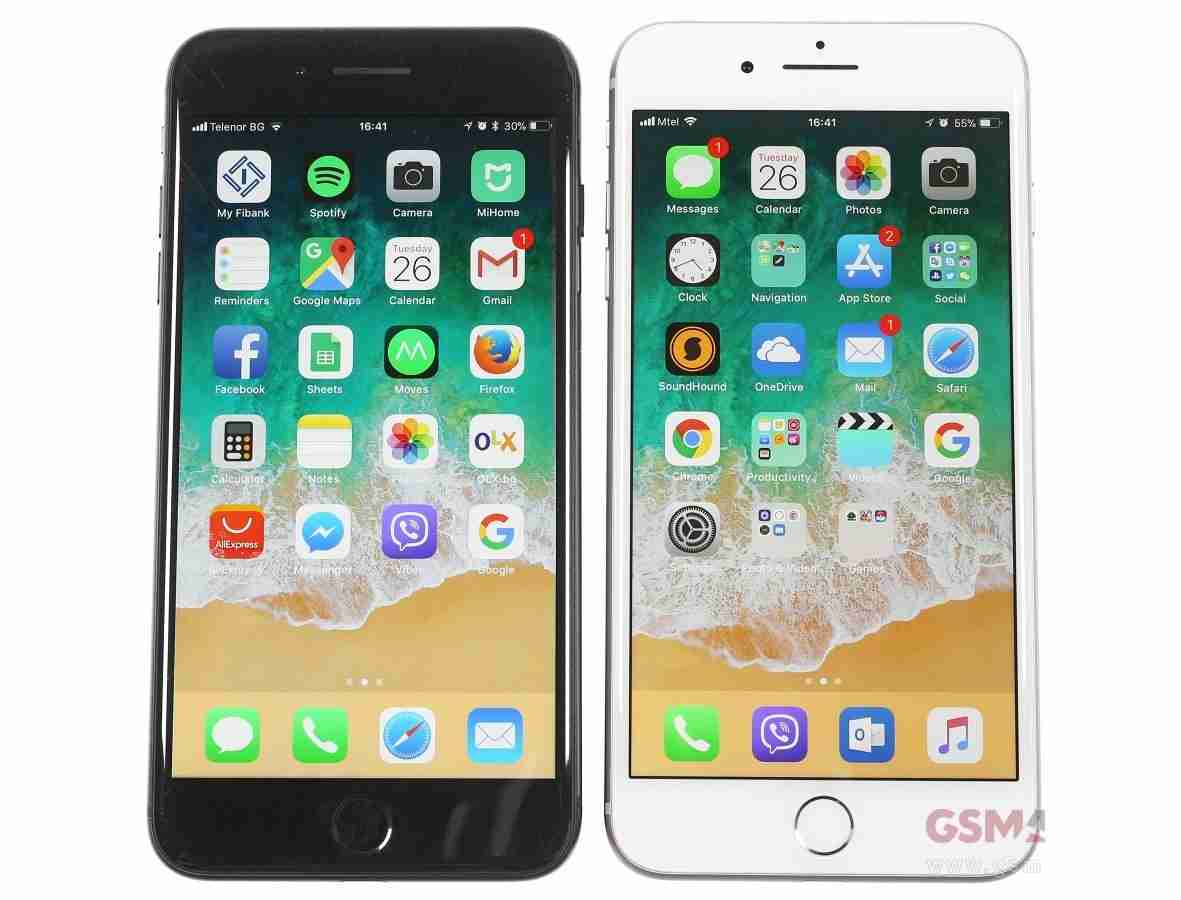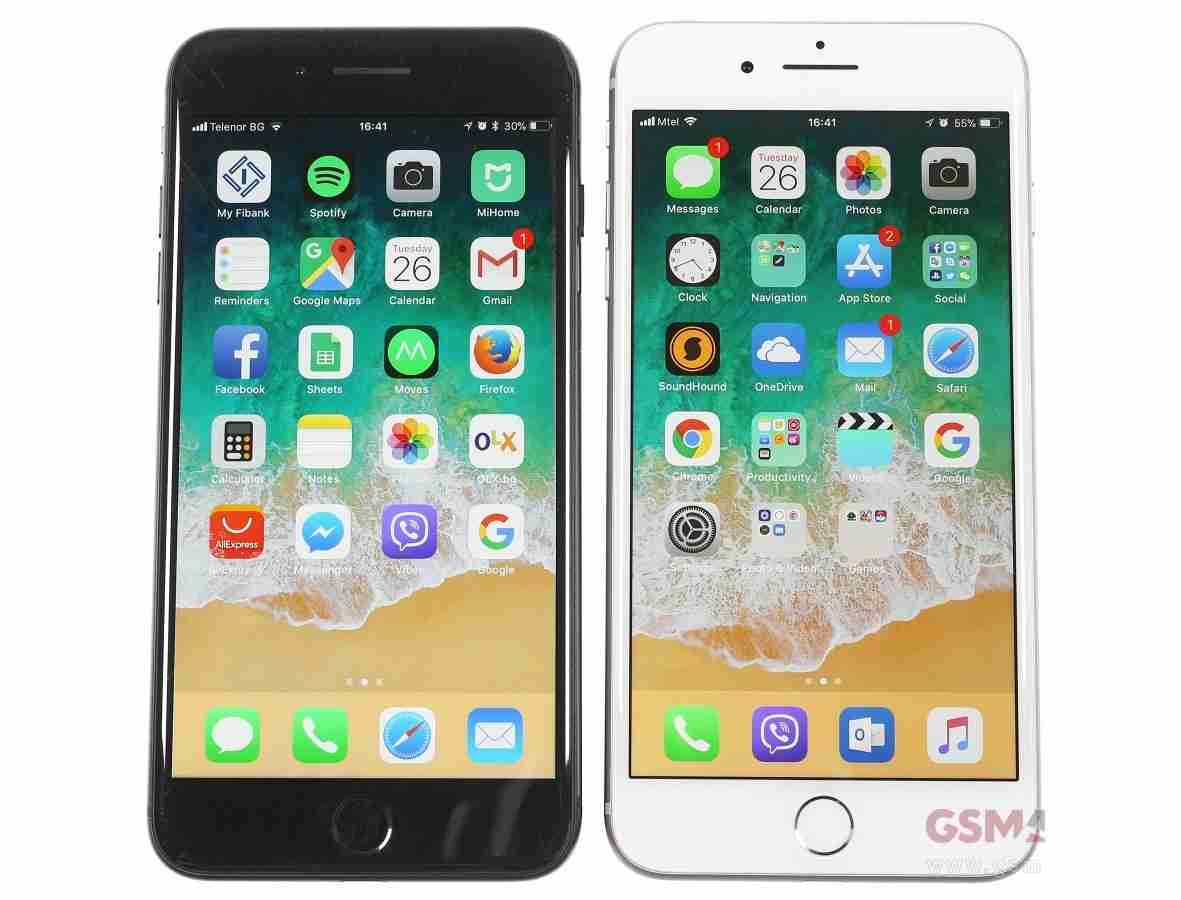
U.S. president Donald Trump has reiterated his desire to see Apple create its popular iPhone range entirely in the United States, leading some industry experts to claim that the cost of the already expensive handset could rise even further.
The tweet-happy head of the nation said on social media at the weekend that Apple should make its products in the U.S. to avoid his proposed tariffs on Chinese goods. These tariffs would impact imported items such as the iPhone, iPad, Apple Watch, AirPods, Mac Mini and Apple Pencil, all of which are designed in the U.S. but made in the Far East.
"Apple prices may increase because of the massive Tariffs we may be imposing on China," Trump tweeted. "But there is an easy solution where there would be ZERO tax, and indeed a tax incentive. Make your products in the United States instead of China. Start building new plants now. Exciting!"
It might sound like idle posturing, but Trump is determined to follow through on this plans, and this has led to some speculation that Apple will bow to his demands and bring production stateside in some capacity.
Bank of America Merrill Lynch is one of the organisations that has offered a prediction, stating that Apple may begin talking to its manufacturing partners to bring assembly operations to the U.S. from China in a bid to avoid the tariffs – but that doesn't mean the consumer will be any better off.
20 percent rise possible
In a note to clients issued this week, analyst Wamsi Mohan said, "'Back to US' manufacturing seems to be back on the agenda for President Trump. We believe Apple could ask Hon Hai and Pegatron to shift a small portion of their iPhone manufacturing to the US in response to President Trump's request. The conclusion was for the iPhone (not currently impacted by Tariffs) moving production (100% of final assembly) to the U.S. would need 20% price increases to offset the incremental labor costs."
Mohan expanded on this, stating that a likely scenario would be that Apple moves 10 percent of its iPhone assembly to the U.S., making the average selling price of the device rise by 8 percent. If Apple shifts 50 percent or even 100 percent, it would increase iPhone prices by 14 percent and 20 percent respectively. Making phones is China is cheaper than in the U.S., so shifting even a small amount of production stateside will incur higher costs as far as Apple is concerned.
The iPhone is already one of the most expensive phones on the market, and is regularly undercut by its Android-based rivals. A price hike to mitigate the fallout from Trump's plans would be easy to stomach for most seasoned Apple veterans, but it could put off a lot of 'fringe' consumers who regularly switch their allegiance between iOS and Android. Of course, Trump's proposals will also impact other smartphone companies who make their devices in China, so we could see price rises across the board.








